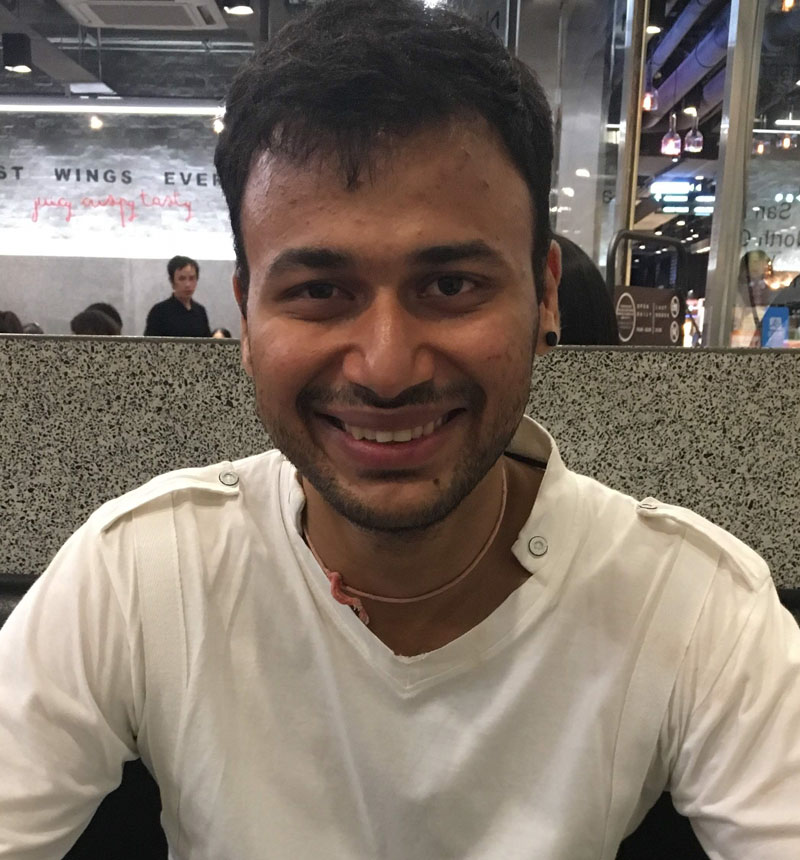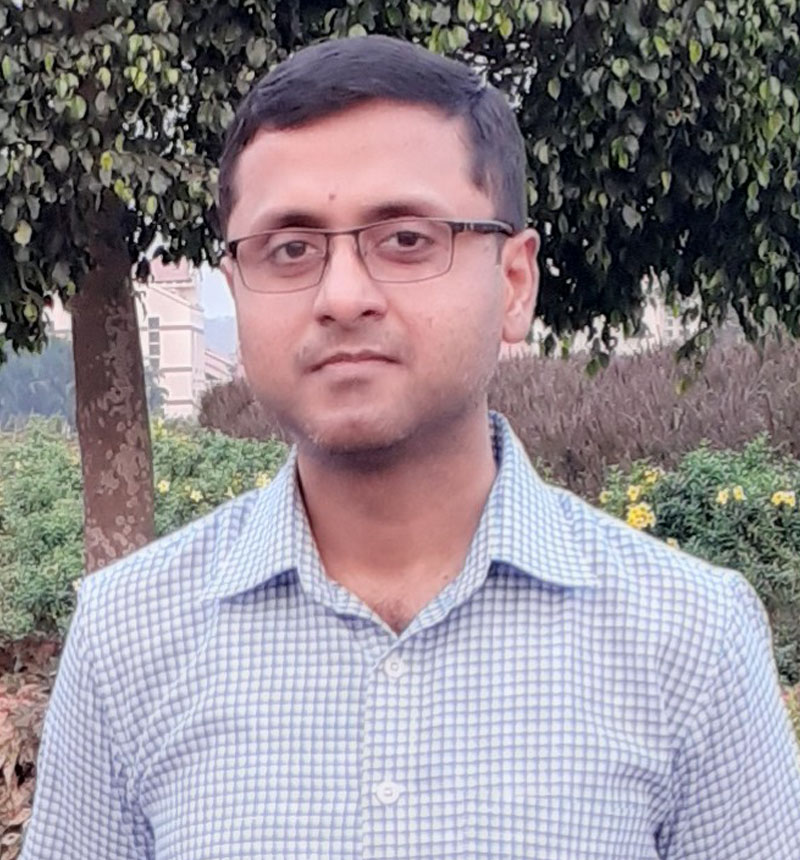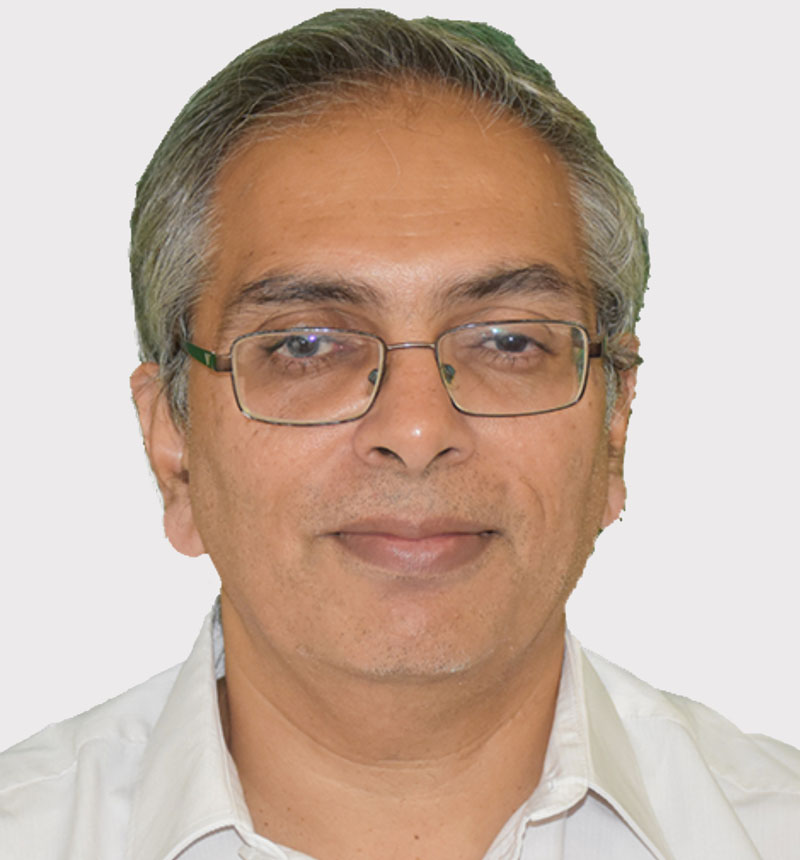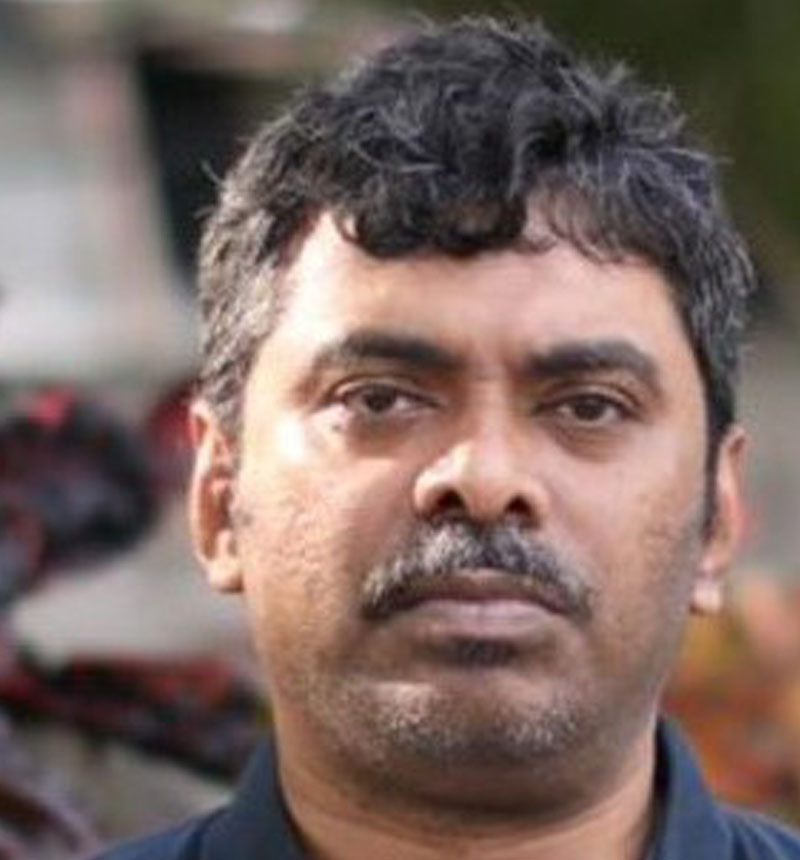LIVE EVENT JAW 2023
DAY 2
Full Session
10:00 Am - 04:00 Pm
JOIN HERE FOR LIVE EVENT
JAW 2023
About JAW 2023
APPCAIR is pleased to announce the Joint APPCAIR Workshop JAW 2023 hosted at BITS Pilani, Goa campus on 13th and 14th March 2023. The two-day workshop will feature talks by prominent researchers from TCS, Microsoft, Wadhwani AI, and Instituto de Telecomunicacoes. We present a glimpse at state-of-the-art AI research to everyone interested. APPCAIR welcomes you to make this workshop a success.
Venue Location
BITS Pilani K K Birla Goa Campus
BITS Pilani Goa is a prestigious engineering and technology institution located in the picturesque state of Goa, India. Established in 2004, the campus offers undergraduate, postgraduate, and doctoral programs in various fields. The campus boasts modern infrastructure, including spacious classrooms, well-equipped labs, and state-of-the-art research facilities. The serene location and academic excellence make BITS Pilani Goa a top choice for students seeking a world-class education.
DirectionProgram Chairs
Organizing Committee
Event Schedule
Location: DLT 9 , BITS Pilani K K Birla Goa Campus
10:00 Am - 10.50 Am
T for “Terrorist”, “Tropical” or “Territorial”? Teaching Ethics to Large Language Models
Abstract: Large language models and their multilingual counterparts have revolutionized the way we build Natural Language Technology, to an extent that often seems magical. At the same time, LLMs are also known to display strong social biases that pick up from the data these models are trained on. Therefore, one of the key challenges we face today, especially in the industry, is about building language technology that will enable and delight the users, and at the same time will minimize the potential harms due to the biases in LMs. In this talk, I will take a few case studies of real world technologies – chat bots and text prediction - to illustrate the various principles and challenges of “Responsible AI” and ways to mitigate the harms without compromising on the performance of the systems. I will also discuss some broader concerns about academic research in the age of LLMs.
By Monojit Choudhury , Microsoft Research View Profile
Session Chair Snehanshu Saha
Dr. Monojit Choudhury is currently a Principal Applied Scientist at Microsoft Turing, and previously was a Principal researcher at Microsoft Research Lab India. His research interests span various aspects of natural language processing and cognitive sciences, including multilingual models, ethics of NLP and AI and NLP for social good. Dr. Choudhury is a Prof of Practice at Plaksha University and had previously served as adjunct faculty at IIIT Hyderabad and IIT Kharagpur. He is the general chair of the Panini Linguistics Olympiad, which is the Indian national linguistics Olympiad for high school students, and is actively involved with the International as well as Asia Pacific linguistics Olympiads. Dr. Choudhury has a PhD and BTech in Computer Science and Engineering from IIT Kharagpur.
Profile https://www.microsoft.com/en-us/research/people/monojitc/
03:00 pm - 04.00 Pm
Biometric Recognition and Artificial Intelligence
Abstract: This talk overviews the goals of biometric recognition, discussing some of the typically used biometric modalities, their advantages and their limitations. The talk also addresses the usage of artificial intelligence (AI) techniques, notably the usage of deep learning (DL) models, for biometric recognition. And, given that AI techniques, notably those based on DL, often operate as "black-box" models, it is important to understand the ethical implications of its usage - the talk briefly discusses some of the European Union initiatives to tackle this issue.
By Paulo Correia , Instituto de Telecomunicacoes, Portugal. View Profile
Session Chair Tanmay Tulsidas Verlekar
Paulo Lobato Correia is Associate Professor at the Department of Electrical and Computer
Engineering, Instituto Superior Técnico, Universidade de Lisboa, Portugal. He is a Senior
Researcher of the Multimedia Signal Processing research group of Instituto de
Telecomunicações, and Senior Member of the IEEE.
Paulo Correia coordinated the participation in several national and international research
projects, dealing with image and video analysis and processing. For instance, he was Vice-Chair
of the Management Committee of the European Cooperation in Science and Technology (COST)
Action IC1106: "Integrating Biometrics and Forensics for the Digital Age" (2014–2016).
He is Editor in Chief of IET Biometrics for the term 2020–2025. He was Subject Editor (for
Multimedia papers) of the Elsevier Signal Processing Journal (2018–2020). He was Associate
Editor of the IEEE Transactions on Circuits and Systems for Video Technology (2006–2014), of
the Elsevier Signal Processing Journal (2005–2017), and of IET Biometrics (2013–2019). He has
been Guest Editor of several special issues for scientific journals such as IET Biometrics or
Elsevier Pattern Recognition Letters, and cooperated in many conference organizing committees,
as general chair, program chair, finance chair or special sessions chair, among others.
He is a founding member of the Advisory Board of the European Signal Processing Association
(EURASIP), and was the elected chairman of EURASIP’s Technical Area Committee on
“Biometrics, Data Forensics and Security” for the term 2018–2020.
He is president of the Portuguese standardization committee on Biometrics (CT226), for the
period 2023-2025.
He has co-authored more than 140 journal and conference papers.
The main research interests are about video analysis and processing, with emphasis on
biometrical signal analysis, targeting recognition, sports, medical and forensic applications.
Profile: https://www.it.pt/Members/Index/390
04:15 Pm - 05.10 Pm
AI in Agriculture, Healthcare and Education: Challenges and Opportunities
Abstract: In this talk, I will go over problems we are working on at Wadhwani AI in Agriculture, Health & Education. I will discuss data challenges, ways to overcome them using AI/ML techniques to make the ecosystem AI-Ready. It will be followed by a discussion on developing trustworthy AI-Assisted products with some use cases. Finally, touch upon the open-source, open-sink model of innovation to democratize the creation, development & application of AI - where public-private, industry-academic collaborations can make a lot of difference.
By Soma S Dhavala , Wadwani AIView Profile
Session Chair Snehanshu Saha
Soma’s interests are at the convergence of technology, science and applications for social good. He is passionate about building an ecosystem to democratize AI, make it inclusive, accessible, equitable, and normalizing technology. Soma has diverse research interests in Agriculture, Healthcare, Transportation, EdTech, among others. No theory without code, and no code without theory – summarizes his principled approach towards applied research. At Wadhwani Institute for AI, he is responsible for delivering value using ML.
Soma obtained his Ph.D (Texas A & M University, 2010) in Statistics where he worked on applying Bayesian Nonparametrics to systems biology, and has a Masters (IIT-Madras, 2000) in EE, Masters in Applied Mathematics (University of Washington, 2022) and a B.E (SRKREC, Andhra University, 1997) in ECE. He also worked as a post-doc for close to a year in the area of Dynamical Systems at TAMU. He has over 25+ publications and multiple patents.








